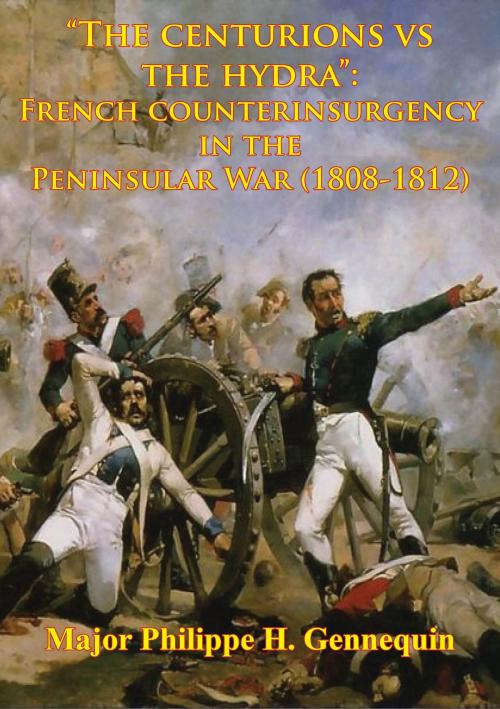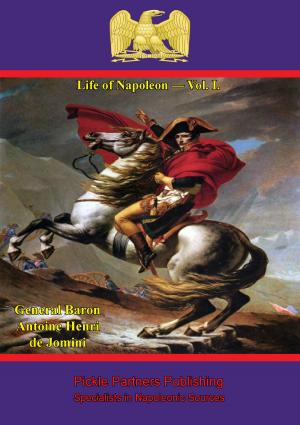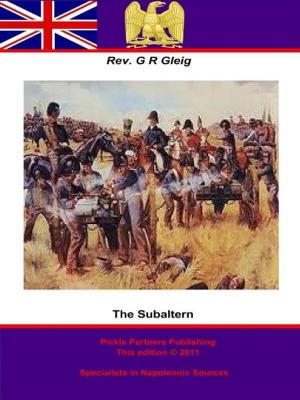"The Centurions Vs The Hydra": French Counterinsurgency In The Peninsular War (1808-1812)
Nonfiction, History, Spain & Portugal, France, Military| Author: | Major Philippe H. Gennequin | ISBN: | 9781782894322 |
| Publisher: | Wagram Press | Publication: | August 15, 2014 |
| Imprint: | Wagram Press | Language: | English |
| Author: | Major Philippe H. Gennequin |
| ISBN: | 9781782894322 |
| Publisher: | Wagram Press |
| Publication: | August 15, 2014 |
| Imprint: | Wagram Press |
| Language: | English |
Considered the first documented commitment of a Western-style army facing a nation-wide insurgency, the Peninsular War deserves a critical examination of French pacification methods. In spite of a severe defeat, the Grande Armee achieved success while conducting counterinsurgency operations in Aragon and Andalusia. Based on Spanish, French and British primary sources, this thesis intended to examine if these results were connected to the personality of great commanders, flexible small unit leaders, or external factors. The underlying rationale was also to produce a broader picture on French counterinsurgency while bridging the imperial experience with the colonial period. The comparison of Marshal Soult and Marshal Suchet’s case-studies demonstrated that French officers solved their operational dilemma in different manners. But the analysis also outlined a common denominator to their practices. Leverage of religion, build-up of native security forces, and development of an influence-driven campaign constituted the major tenets of this nascent doctrine of counterinsurgency.
Considered the first documented commitment of a Western-style army facing a nation-wide insurgency, the Peninsular War deserves a critical examination of French pacification methods. In spite of a severe defeat, the Grande Armee achieved success while conducting counterinsurgency operations in Aragon and Andalusia. Based on Spanish, French and British primary sources, this thesis intended to examine if these results were connected to the personality of great commanders, flexible small unit leaders, or external factors. The underlying rationale was also to produce a broader picture on French counterinsurgency while bridging the imperial experience with the colonial period. The comparison of Marshal Soult and Marshal Suchet’s case-studies demonstrated that French officers solved their operational dilemma in different manners. But the analysis also outlined a common denominator to their practices. Leverage of religion, build-up of native security forces, and development of an influence-driven campaign constituted the major tenets of this nascent doctrine of counterinsurgency.






![Cover of the book The Waterloo Campaign — A Study [Illustrated Edition] by Major Philippe H. Gennequin](https://www.kuoky.com/images/2012/may/300x300/9781908902245-HTGw_300x.jpg)
![Cover of the book History Of The Consulate And The Empire Of France Under Napoleon Vol. II [Illustrated Edition] by Major Philippe H. Gennequin](https://www.kuoky.com/images/2016/march/300x300/9781786259097-g0W0_300x.jpg)



![Cover of the book History Of The Consulate And The Empire Of France Under Napoleon Vol. I [Illustrated Edition] by Major Philippe H. Gennequin](https://www.kuoky.com/images/2016/march/300x300/9781786259080-m3QR_300x.jpg)



